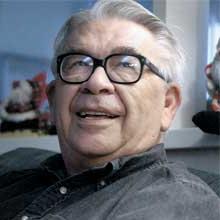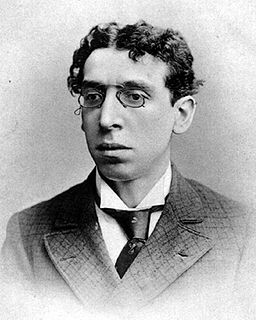A Quote by Wilhelm Reich
Scientific theory is a contrived foothold in the chaos of living phenomena.
Quote Topics
Related Quotes
Well, it [evolution] is a theory, it is a scientific theory only, and it has in recent years been challenged in the world of science and is not yet believed in the scientific community to be as infallible as it once was believed. But if it was going to be taught in the schools, then I think that also the biblical theory of creation, which is not a theory but the biblical story of creation, should also be taught.
In the first stage of insight-building, all that researchers can do is observe phenomena. Second, they classify the phenomena in a way that helps them simplify the apparent complexities of the world so they can ignore the meaningless differences and draw connections between the things that really seem to matter. Third, based on the classification system, they propose a theory. The theory is a statement of what causes what and why, and under what circumstances.
To be sure, Darwin's theory of evolution is imperfect. However, the fact that a scientific theory cannot yet render an explanation on every point should not be used as a pretext to thrust an untestable alternative hypothesis grounded in religion into the science classroom or to misrepresent well-established scientific propositions.
There are two ways of forming an opinion. One is the scientific method; the other, the scholastic. To the scientific mind, experimental proof is all-important, and theory is merely a convenience in description, to be junked when it no longer fits. To the academic mind, authority is everything, and facts are junked when they do not fit theory.
As time passed I became an avid reader of popular scientific books, wanting to know as much as I could about the world in which I lived. Gradually I began to see a pattern of nonsense in much scientific writing. Scientific explanations given regarding the origins or functioning of various phenomena simply didn't make sense.
Chaos theory, a more recent invention, is equally fertile ground for those with a bent for abusing sense. It is unfortunately named, for 'chaos' implies randomness. Chaos in the technical sense is not random at all. It is completely determined, but it depends hugely, in strangely hard-to-predict ways, on tiny differences in initial conditions.
Artistic truth is for me literally the highest truth: art may seize the essence of persons and movements no less truly, and certainly far more vitally, than a scientific generalization unifies a chaos of phenomena. Time and Space are only the conditions through which spiritual facts struggle. Hence I have here and there permitted myself liberties with these categories.






































